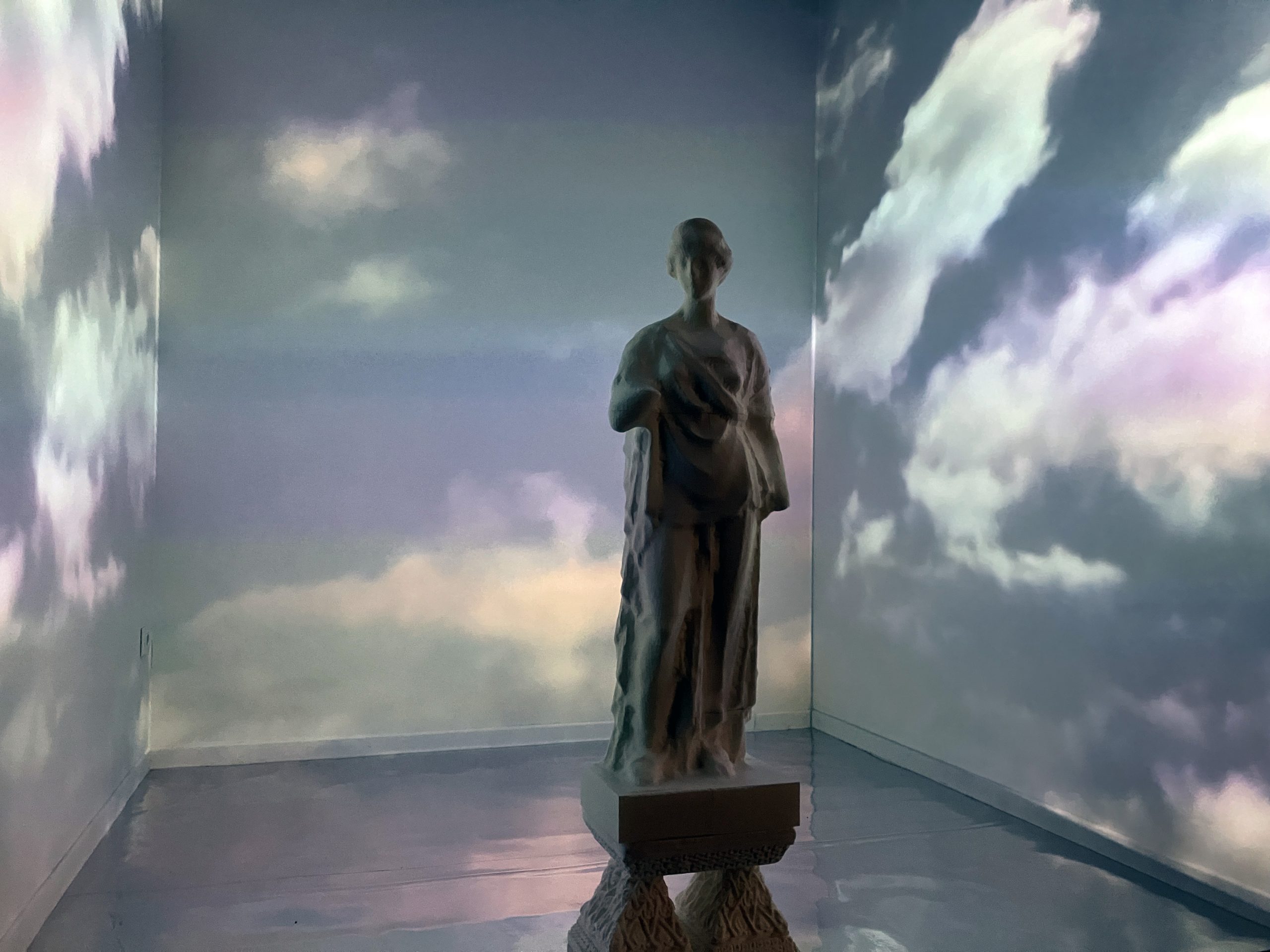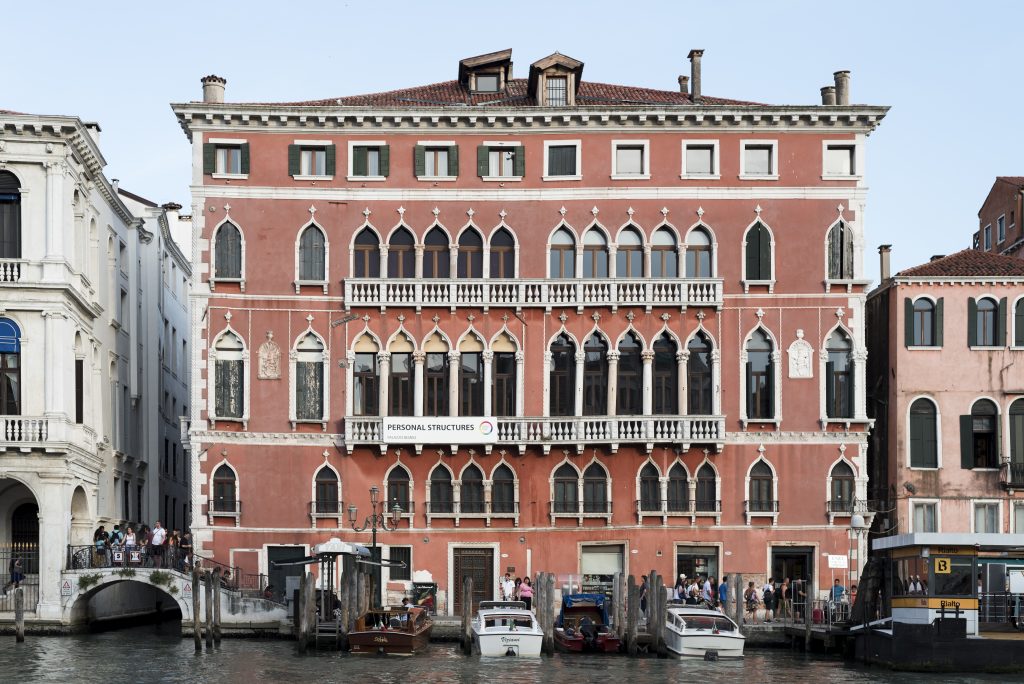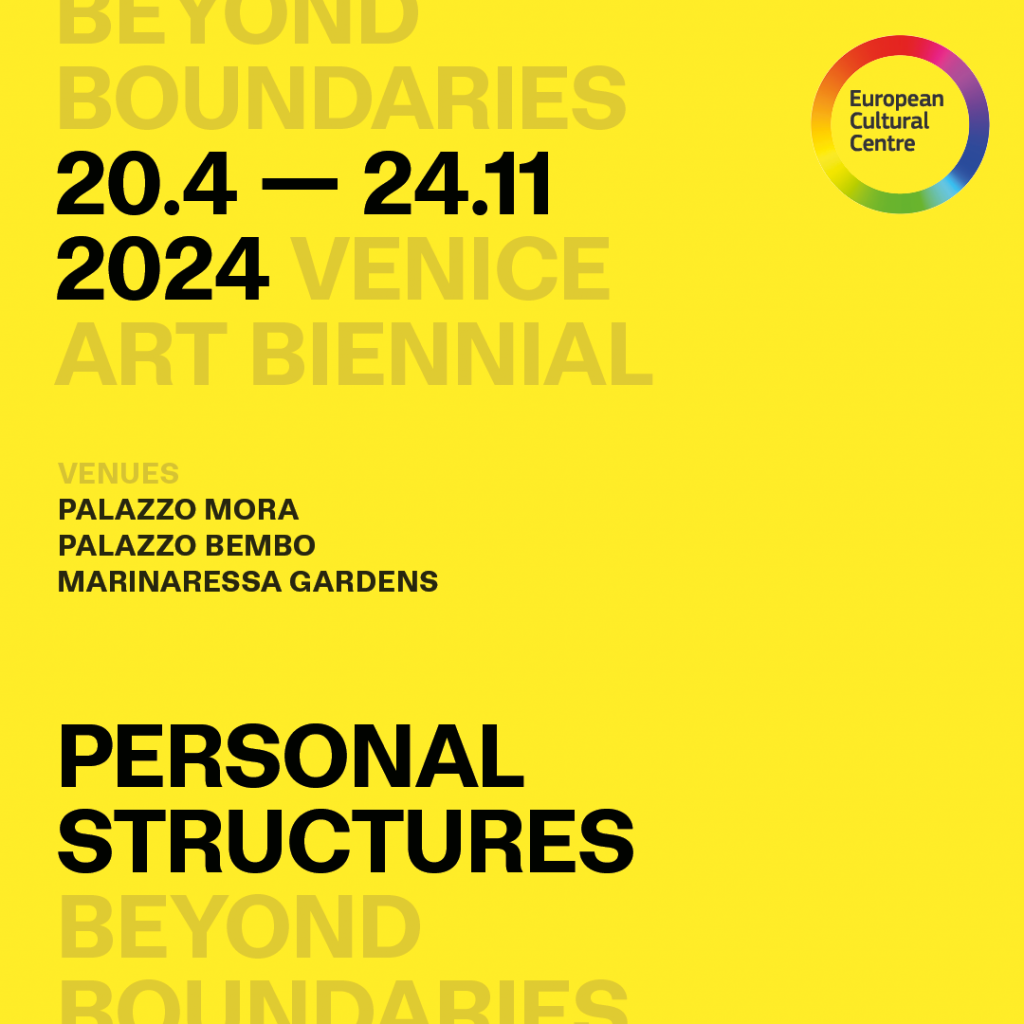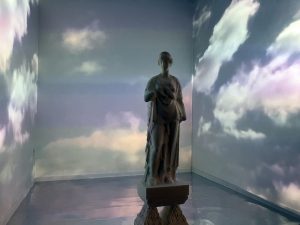John Powers Exhibits Work During Venice Biennale

The Venice Biennale is one of the world’s oldest and most prestigious art exhibitions. This year, an installation by UT School of Art Professor John Powers is among the featured work.
Established in 1895, the Biennale has showcased art from many of history’s renowned artists and architects, and in recent years attracted over 800,000 visitors.
“The whole island is taken over by art,” said Powers, who teaches sculpture and time-based art at the University of Tennessee, Knoxville. “Being a part of it is humbling and exciting, all at the same time.”


Powers’ installation, Cloud Terrarium, was sponsored by UT and exhibited in the Personal Structures Biennial at the European Cultural Center in Venice. Held every two years in conjunction with the island-wide Biennale, Personal Structures features contemporary artists from around the world. This year’s exhibition title, Beyond Boundaries, invited exhibitors to explore spirituality, the afterlife, and the dialogue on nature and non-human beings.
The theme was a good fit for Powers’ work, much of which is influenced by the intersection of mythology and technology. Cloud Terrarium was inspired by the story of Egyptian Pharoah Ptolemy II and his sister-wife, Arsinoe. After Arsinoe passed away, the pharaoh commissioned an architect to create a bronze and iron statue of his late wife that would levitate in a chamber through the use of magnets.
While that statue was never built (as far as historians are aware), Powers was struck by the contemporariness of the pharaoh’s vision.
“It was a smart, poetic symbol for ascension,” he said. “I had this mental image of a statue floating and got to thinking about the context of Venice as a floating city.”

The resulting piece consists of mirrored paneling, a three-channel projection, and a life-sized sculpture that was based on scans Powers had taken of Roman statues at the Museum of Fine Arts in Boston. He took leave from UT during the winter to create Cloud Terrarium and ship it to Venice.
Powers, who teaches a professional practice course at the School of Art, plans to use his experience to instruct students about the complex process of exhibiting art abroad.
“It’s challenging to show work internationally, especially as a sculptor,” he said. “The European Cultural Center has a full team of really knowledgeable and professional people who are willing to brainstorm with you on how to make something happen.”
Cloud Terrarium will be on display in Venice until November 24, 2024.